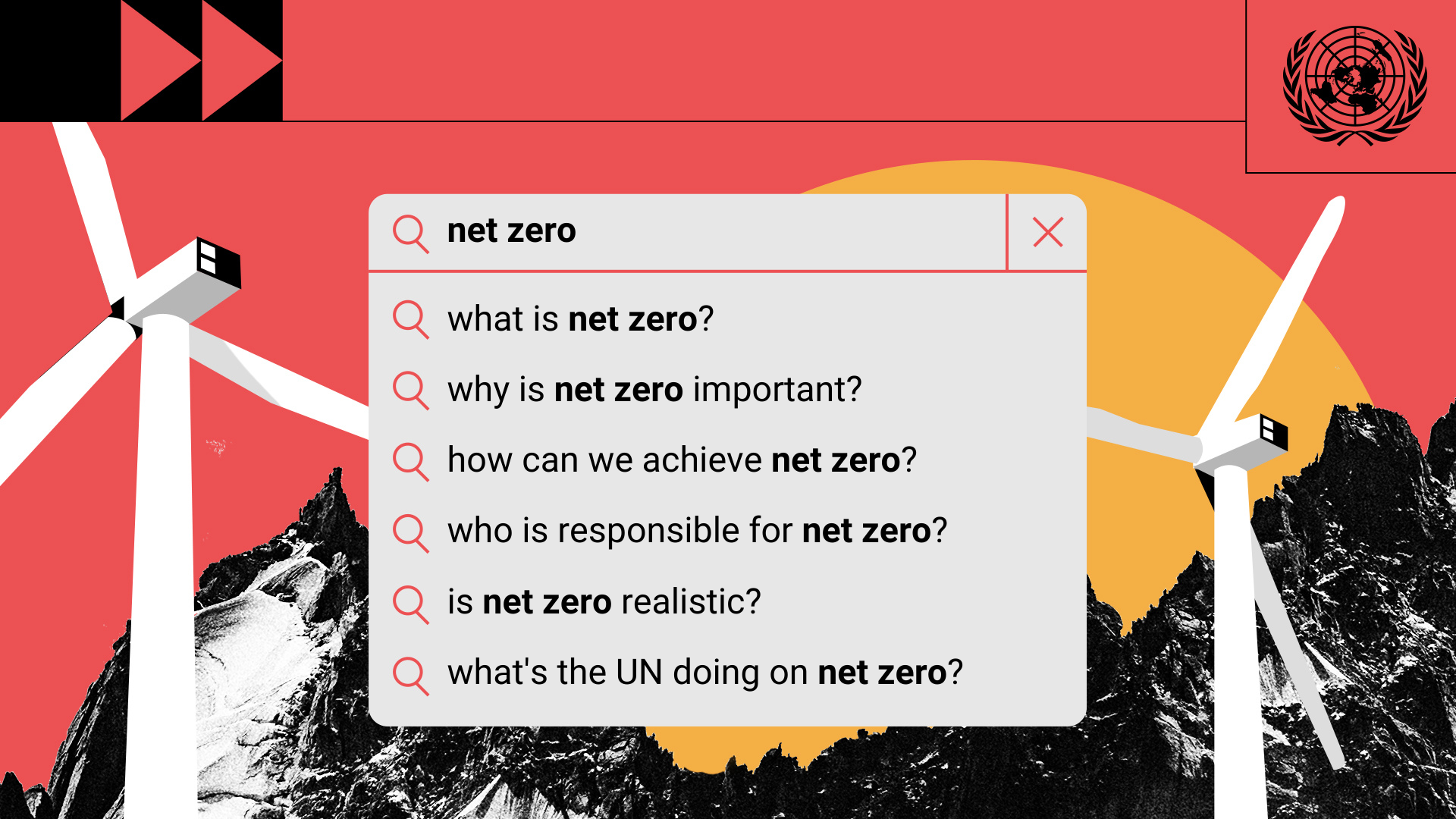The United Nations Secretary-General, António Guterres, on 31 March 2022, established a High-Level Expert Group on the Net-Zero Emissions Commitments of Non-State Entities to develop stronger and clearer standards for net-zero emissions pledges by non-State entities – including businesses, investors, cities, and regions – and speed up their implementation.
With the launch of the report “Integrity Matters: Net Zero commitments by Businesses, Financial Institutions, Cities and Regions” at the UN Climate Conference (COP27) in Sharm-el Sheikh, Egypt, the Group has successfully finalized its work and delivered on its mandate.
“We must have zero tolerance for net-zero greenwashing,” said the Secretary-General at the launch event that took place on 8 November 2022. The report provides clarity in four key areas – environmental integrity, credibility, accountability, and the role of governments.
The Secretary-General has issued specific asks to implement the Group’s recommendations, a process led by his Climate Action Team, in close collaboration with the United Nations Framework Convention on Climate Change (UNFCCC). He also described the expected next steps for existing and new net-zero voluntary initiatives, ahead of the Climate Ambition Summit and COP28, expected to take place later this year. Among other things, the Secretary-General called on non-State entities to put forward credible and transparent transition plans and to submit them before the end of this year.
Since the adoption of the Paris Agreement in 2015, the world has seen an increasing number of net-zero commitments by non-State actors, in particular from the private and financial sectors, as well as from local government and regions. The growth in pledges has been accompanied by a proliferation of criteria and benchmarks to set net-zero commitments with varying levels of robustness. This misleads consumers, investors, and regulators with false narratives, and it feeds a culture of climate misinformation and confusion.
The ten recommendations, outlined in the report, are a how-to guide for credible, accountable net-zero pledges and detail what non-State actors need to consider through each stage of their progress towards achieving net-zero ambitions and addressing the climate crisis.
For more details on what were the Group’s objectives, scope of work, mode of operation, composition, timeline, staffing and budget, see the Terms of Reference.
High-level Expert Group Report Implementation: Checklist
Former Expert Group Members
Chaired by Catherine McKenna, the former Canadian Minister of Environment and Climate Change, the High-level Group consisted of 18 independent experts with significant experiences across a diversity of sectors, countries, and regions. Meet the former members here.
Updates

Credibility and accountability of net-zero at COP28
“The report by my High-Level Expert Group on Net Zero, so well represented here, provides a blueprint for credible climate action by non-state actors that aligns with limiting global temperature rise to 1.5 degrees,” the Secretary-General said to the meeting of leaders from the community of international regulators and experts. He closed, urging all to “leave this meeting with a renewed commitment to deliver the detailed and credible transition plans that our world needs.”

Why credible transition plans matter
In a thematic session on the credibility of net-zero at the Secretary-General’s Climate Ambition Summit, stakeholders discussed the basic and critical components of transition plans as laid out in the High-level Expert Group’s “Integrity Matters” report. Read the full session summary in the Summit chair summary and learn more about the threat of greenwashing to credible net-zero efforts here.

UN Chief: It’s time to fast forward the just transition
In a June 2023 press conference, the Secretary-General called for accelerated global action toward net-zero emissions, which “must start with the polluted heart of the climate crisis: the fossil fuel industry.” He called on the industry “to present credible, comprehensive and detailed new transition plans – fully in line with all the recommendations of my High-level Expert Group” and added that plans must cover all activities “up and down the value chain.”


